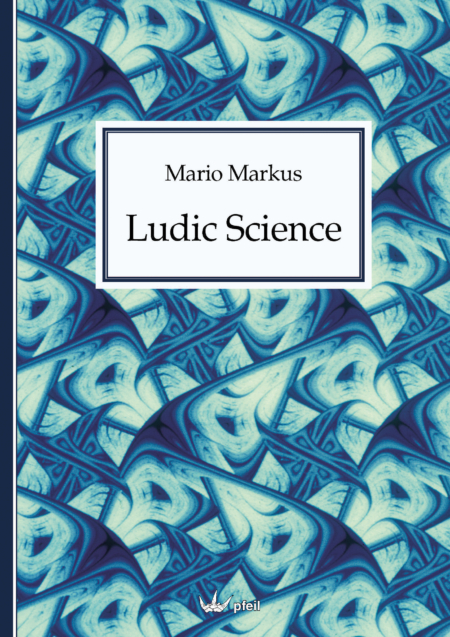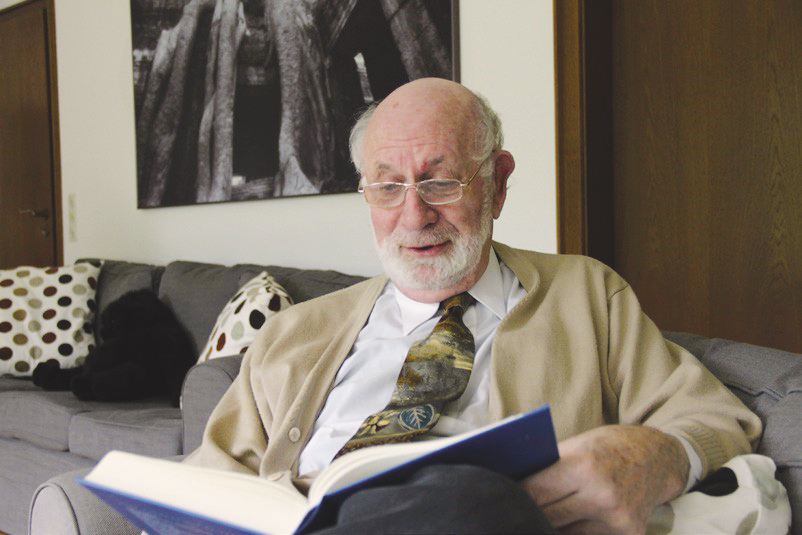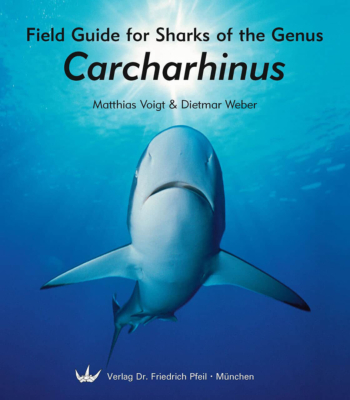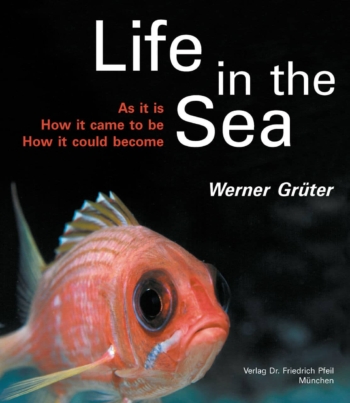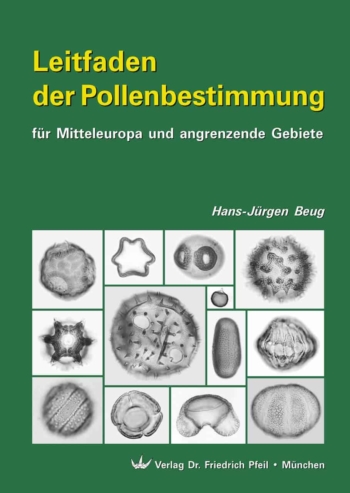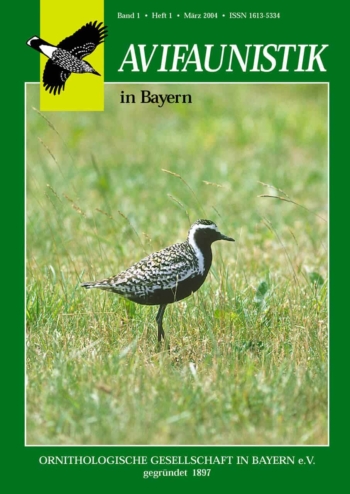Research projects are often considered under the aspect of concrete applicability only. However, history teaches us that since antiquity fundamental new findings have often been playfully (“ludic”) developed from the curiosity inherent to human beings.
This book tells the story of inventions out of games a priori without the intention of producing something useful. A vase rubbing against the skin became the first electric capacitor, which was later used in a much smaller form in trillions of smartphones. A skillfully bent wire resulted in a patent for the first paper clip. An unsuccessful substitute for car-tire-rubber became the first marketed chewing gum …
This book is also available in German.
